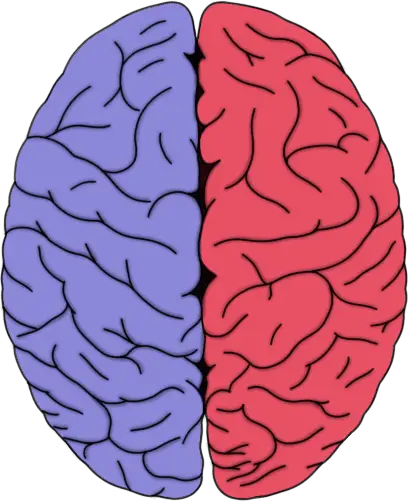Neuromodulation - definition
also known as allosteric modulation, neuromodulation occurs when a ligand binds to a receptor at a site separate from the binding site where the endogenous ligand (e.g., neurotransmitter) normally binds. Binding produces an allosteric effect, which increases or decreases the likelihood that the endogenous ligand will bind to its typical binding site, or modifies the effect it has when it does bind. Thus, neuromodulation can indirectly affect neural transmission.


